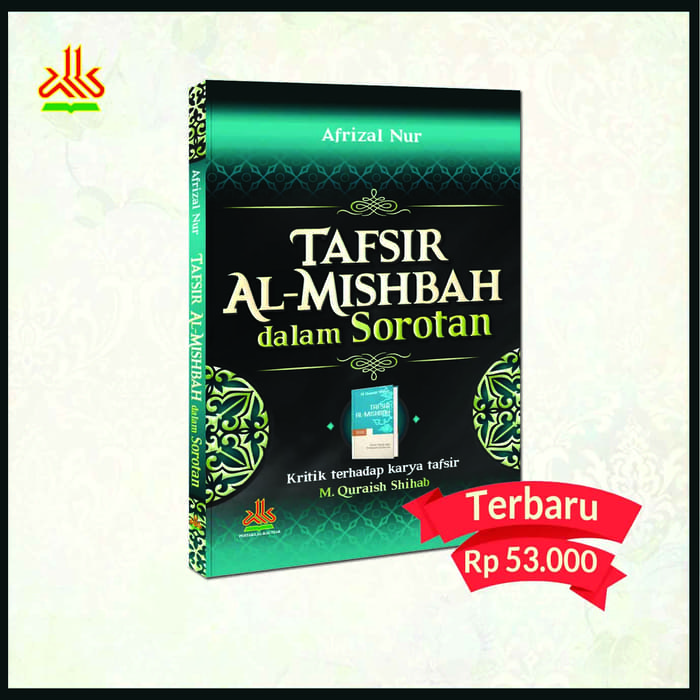

ʿAllāmah al-Ṭabāṭabāʾī was much influenced by these two teachers, particularly by al-Iṣfahānī, in the development of his thought and knowl- edge. Shaykh Nāʾīnī, with his bold opinions and decrees in the political and social life of the Muslim umma, has carved for himself a niche in history. Shaykh Muḥammad Ḥusayn al-Gharawī al-Iṣfahānī was a philosopher, unsurpassed in his time a man of literature and a poet in Arabic and Persian he was a genius whose achievements made others look up to him as their ideal. Each founded his own school of thought and trained thousands of Shia scholars and jurists and all the marājiʿ al-taqlīd of the Shia world, to this day, are their students. Their opinions and theories are still followed today. They were among the most prominent scholars not only in the fields of Shia jurisprudence and principles of jurisprudence, but in all Islamic subjects. These two were among the most prominent scholars in the Shia world.


In Najaf, he began his higher studies with such illustrious scholars as Shaykh Muḥammad Ḥusayn Nāʾīnī al-Gharawī (1277–1355/1860 or 1861– 1936), the son of Shaykh al-Islām ʿAbd al-Raḥīm, and Shaykh Muḥammad Ḥusayn al-Gharawī al-Iṣfahānī (1296–1361/1878–1942), the son of al-Ḥājj Muḥammad Ḥasan, Muʿīn al-Tujjār.


 0 kommentar(er)
0 kommentar(er)
